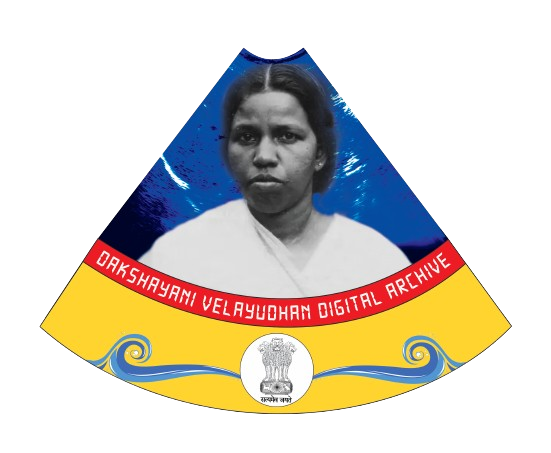In the case of Latha Singh v. State of Uttar Pradesh, the Supreme Court of India addressed the matter of protection for individuals involved in inter-caste marriages. The Supreme Court, in its judgment, emphasized the importance of uplifting the right to individual autonomy and personal liberty, including the right to choose life partner. The Court held that individuals have the fundamental right to marry any person of their choice, irrespective of caste or religion. The judgment underscored the need to protect persons from interference or coercion by families or communities in matters of marriage. The ruling in Latha Singh v. State of Uttar Pradesh reaffirmed the principles of equality and liberty envisaged in the Indian Constitution and underlined the duty of the state to protect the rights and freedoms of its citizens, particularly in cases involving inter-caste marriages.
| Citation | 2006 (5) SCC 475, 2006 AIR SCW 3499 |
| Name of the Court which decided the case | Supreme Court |
| Bench | Ashok Bhan, Markandey Katju |
| Legislations | Constitution of India, Indian Penal Code, Hindu Marriage Act |
